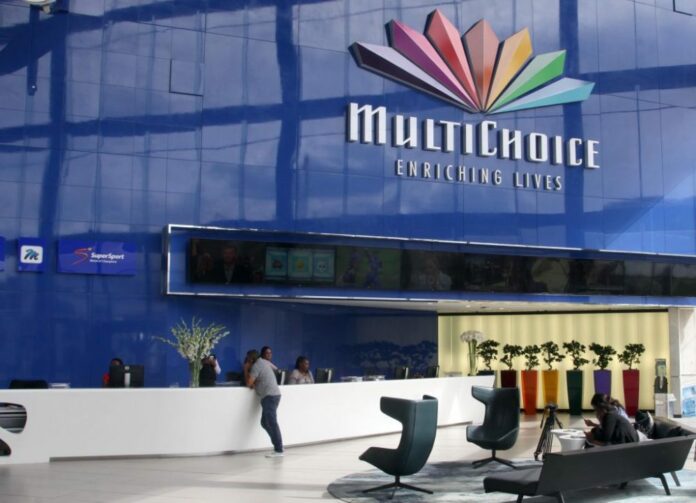French media giant Canal+ Group, the new owner of MultiChoice, is being accused of strong-arming its suppliers by demanding they retrospectively cut their invoices by 20% or face not being paid.
This dramatic and abrupt decision to freeze payments has shocked not only the suppliers but also internal staff in Randburg, who have run out of explanations, barely two months after the company took over MultiChoice.
According to suppliers, there was no consultation or timely warning. They said they received a communication from the finance division demanding that 20% be cut from all invoices, both submitted and future, before any are paid.
To make matters worse, the discount has also been imposed on students/interns who are part of the MultiChoice family as part of President Cyril Ramaphosa’s youth employment service (YES).
The new owners insist that this decision has been a long time in the making and was made way before they acquired the company.
“Over the past two years, MultiChoice has embarked on a significant drive to reduce costs in the business, with the goal of driving efficiency,” said MultiChoice spokesperson Itumeleng Thulare.
“This has continued following the completion of the Canal+ merger, and MultiChoice is engaging with suppliers in this regard. Managing spend in the business is important to ensure that MultiChoice continues to play a key role in the South African and African broadcasting ecosystem over the long term.
“This will enable MultiChoice to continue to support the numerous industries which it supports and to fulfil its extensive public interest commitments made to the Competition Tribunal.”
But the suppliers who are up in arms insist that there was no consultation nor timeous warning before the decision was imposed. “These people just came here with a typical imperialist mentality that says, ‘Africa is a jungle; let’s go save them’, and started changing everything,” said one insider frustrated by the 20% rule.
“All the POs (purchase orders) are parked at the desk of the last signatory within the supply chain management division, who is a new person placed there by the French guys (Canal+ Group). They are adamant that nothing will move until everyone agrees to the 20% discount.”
The service providers unanimously said that they feel pickpocketed in broad daylight.
They are in chorus that the decision, if not reversed or reviewed, will lead to most of their businesses shutting down.
According to the suppliers, closing shop would be a sad story for the small business development agenda in the country, as most of them are classified under SMMEs.
“The question is, how did they arrive at the 20% figure, because that is about the figure that is our profit anyway. So, if we agree to this, it will be like we are working for them for free because it means we will be left with no profit at all,” said one of the aggrieved suppliers who asked to remain faceless for fear of retribution.
“Essentially, they are driving us out of business because that is going to be the end goal for all of us when we are eventually forced to close shop.”
Others said their profit margins were already below 20% of the invoice that is now being demanded as a discount to MultiChoice, which means they will now be operating at a loss.
Some of the service providers have been on the MultiChoice panel of suppliers for more than a decade, during which period nothing like this ever happened.
“How can these new MultiChoice owners say that work and projects whose contracts were signed before they arrived, and deposits paid, and work done or in progress, must be subjected to a 20% discount? They have frozen everything and are adamant that we must discount the project by 20% before they pay,” said another supplier.
“The question remains that we are bound by our contracts to deliver, but how do you deliver when the terms of the contract have changed? Why can’t they pay the existing projects the full amount and only impose the discount rule on projects that started during their regime?”
Internal staff at MultiChoice, especially SuperSport, said the decision might have dire consequences for their operations because some of the affected suppliers were catering service providers for production during live sports matches and scaffolding service providers for mounting cameras.
“Already, one rugby game was almost not televised when a service provider for scaffolding refused to work, demanding the payment of their invoice first,” said the insider.



